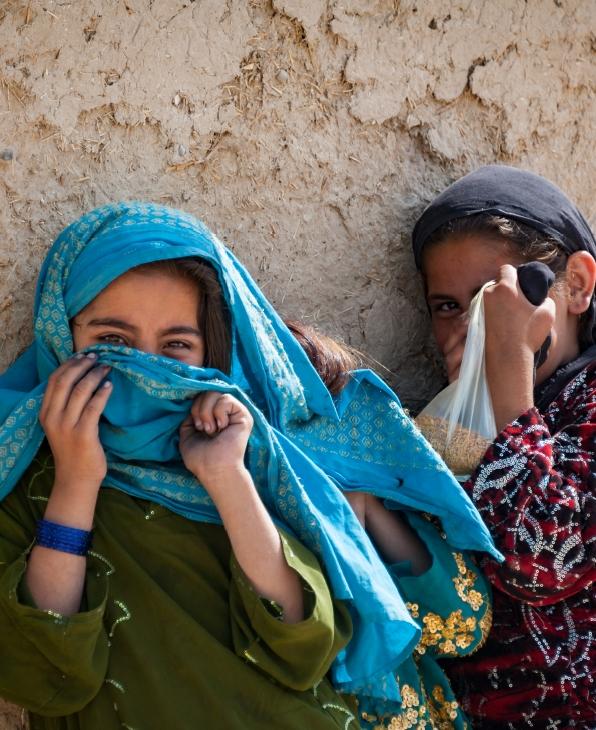Protecting education in Afghanistan

UNESCO has been supporting education in Afghanistan since the Organization’s inception and has witnessed many significant gains particularly over the last twenty years as evidenced in the UNESCO report The right to education: what’s at stake in Afghanistan. A 20-year-review. Huge progress has been made in enrolment at all education levels from around 1 million students in 2001 to around 10 million in 2018 with the number of girls in primary school increasing from almost zero in 2001 to 2.5 million in 2018.
Since the Taliban takeover in August 2021, in addition to unimaginable human costs, the crisis threatens to cancel out many of the development gains made in those twenty years. Forty years of war, recurrent natural disasters, chronic poverty, drought and the COVID-19 pandemic, have already taken a huge toll on the Afghan people. The country is now facing an unprecedented humanitarian crisis with acute risk of systemic collapse and human catastrophe.
Along other public services, the education system has been hit hard and the right to education for Afghan children and youth, especially girls and women, is at stake. Since 23 March 2022, 1.1 million secondary girls have been prevented from attending secondary school until further notice. Since 20 December 2022, the Taliban have banned women from universities, denying access to higher education to more than 100,000 young women. Four days later, women were prohibited from working for international and national non-governmental organizations (NGOs), and the directive expanded to include the United Nations later in April 2023. These banning are set to considerably exacerbate poverty in Afghanistan and worsen the ongoing crisis.
Despite the current restriction of Afghan women working for the United Nations, UNESCO continues to engage directly with communities to secure continuity of learning for all. The women and girls of Afghanistan remain at the forefront of UNESCO’s efforts both for advocacy and operational support.
To ensure not all gains are lost, UNESCO, in close coordination with other education partners, has developed the Multi-Country Preparedness and Response Plan (MCPRP) to respond to both immediate and medium-term education needs in Afghanistan and neighbouring countries. As part of the UN Country Team, in line with the UN Transitional Engagement Framework for Afghanistan and the Afghanistan Education Sector Transitional Framework, UNESCO is focusing on concrete activities to ensure, protect and prioritize the right of education for all Afghan people, especially girls and women including:
- Providing community-based literacy classes throughout the country in Afghanistan
Support to teacher training tools and manuals to ensure quality of teaching and learning for all education partners in Afghanistan
Monitoring access and delivery of higher education as well as alternative solutions for female Afghan university students
Providing alternative learning solutions to ensure improved access to education through media covering production and dissemination of educational radio programs for Grades 7-9
Developing learning assessment frameworks to be used by all education partners throughout Afghanistan
Developing female teacher training hub for female Afghan refugees as well as non-formal education solutions for Afghan children in Iran
Providing language training and support to assessment of prior learning for Afghan refugees in Tajikistan
For more information, read UNESCO’s report: The right to education: What is at stake in Afghanistan? A 20-year review


